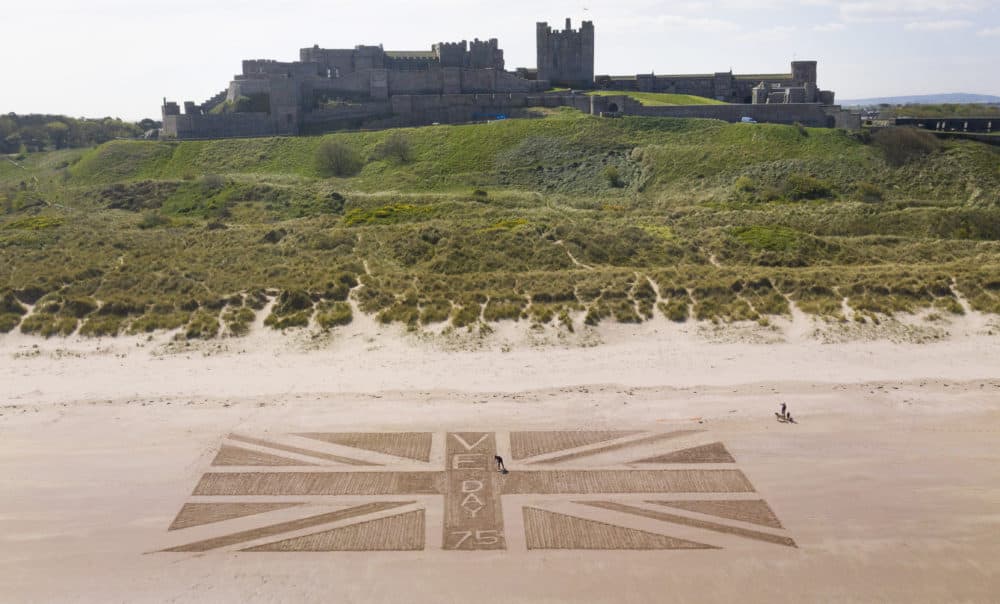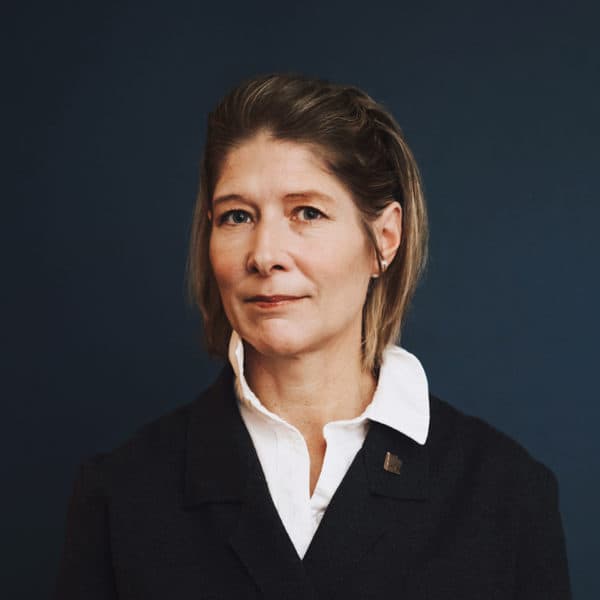Advertisement
Commentary
On The 75th Anniversary Of VE Day, We're Still Fighting To Protect The Dignity Of Every Human Life
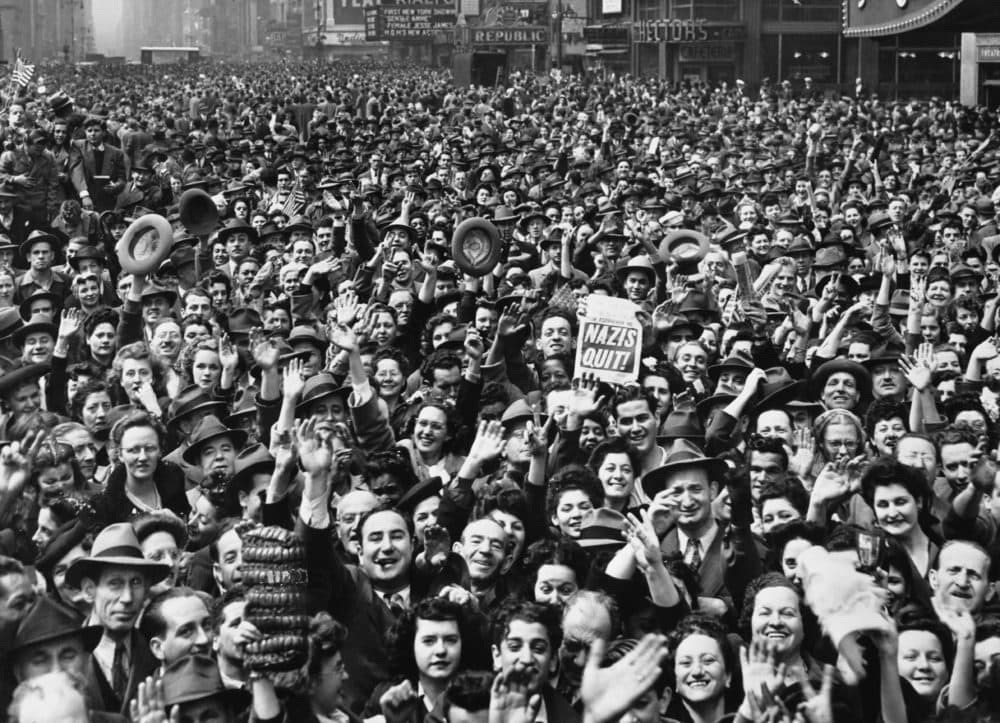
At 3 p.m. GMT on May 8, 1945, 15 hours after Germany’s unconditional surrender before General Eisenhower in Reims, Winston Churchill made a national broadcast, declaring: “We may allow ourselves a brief period of rejoicing….but let us not forget for a moment the toil and efforts that lie ahead.”
Since the evening before, the citizens of London, freed from blackouts and bomb shelters, pre-empted the start of the officially declared Victory in Europe Day by lighting bonfires, dancing in the streets and flooding the pubs.
Across the Atlantic, as the pink, yellow and white ticker tape floated through the air down Broadway and people rejoiced in Times Square, a sober President Truman reminded citizens, as the flags still flew at half-mast to honor FDR (who had passed only weeks before), that “our victory is only half over.”
The enemy in the Pacific had not yet been defeated and both leaders knew that the hard reality of the peace — the incalculable impact of the war on people’s lives — lay ahead. “The first day of peace is like the first day of war,” one observer commented about the uncertainty that set in when the war eventually ended.
As people in different parts of the world gradually emerge from weeks or months in self-isolation during the coronavirus pandemic, it seems easy to identify with those feelings of citizens 75 years ago. But like that day in the spring of 1945, the battle is not over and the sorrow of loss and livelihoods looms like a long shadow, as we become ever more aware of the dimensions of our uncertainty.
My grandparents were both committed Nazis and my grandfather was an SS officer stationed in Poland throughout the duration of WWII. As a descendant of the perpetrators, I cannot but help notice the most salient parallel: Just as over seven decades ago, we humans are once again at war with ourselves.
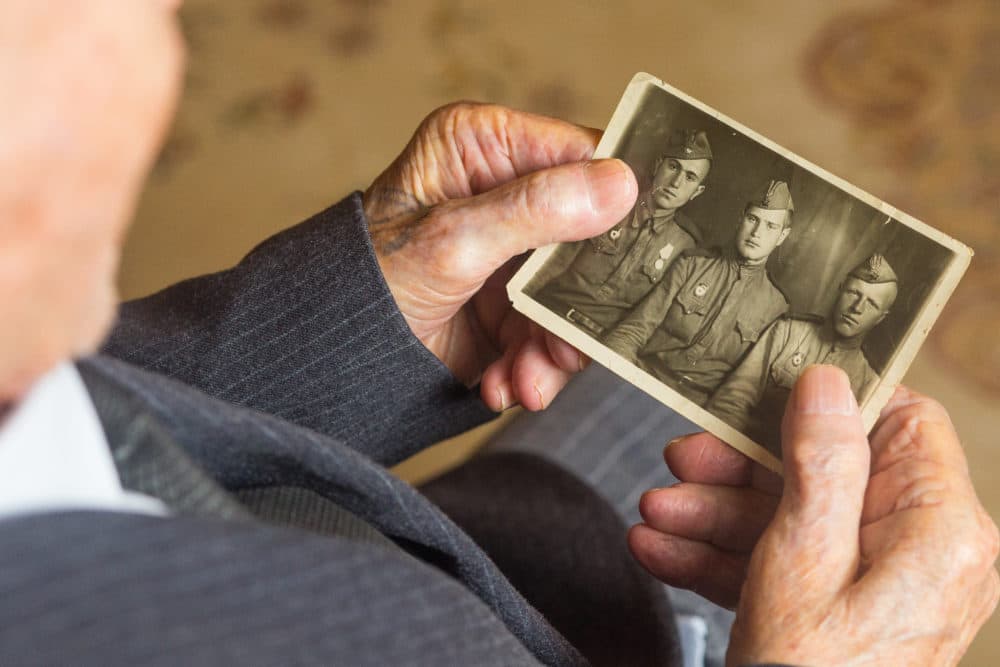
Our situation has often been framed as a war against a virus, but this is a false parallel. A virus neither strategizes nor has weapons, it evolves and propagates like everything else in nature. This misunderstanding prevents us from comprehending our current situation and seeing our way forward with some clarity.
COVID-19 is exposing the war that our system of predatory capitalism, allied with a heartless brand of populist politics, has conducted against the needs of ordinary people, particularly the marginalized and the elderly. Although, in the words of President Macron of France, we have “stopped half the planet to save lives…. there are no precedents for that in our history,” and there have been many acts of neighborly kindness, at a systemic level the pandemic has exposed the de-prioritization of humanity for the profit of the few.
Beating the pandemic means standing up for human rights.
Fascism, which devoured my family through generations, was driven by the ethics-free attitude that “the strong” have the right to life while “the weak” do not, paving the way for the Holocaust. The Universal Declaration of Human Rights adopted by the U.N. General Assembly in December 1948 attempted to take us in a different direction, by recognizing that the:
inherent dignity and…the equal and inalienable rights of all members of the human family is the foundation of freedom, justice and peace in the world.
The pathogen that continues to spread through our societies is like a contrast dye that reveals the grievous extent to which we have fallen short of this eminent truth.
Some are hopeful that the pandemic offers humans a portal, a tipping point, or the rush of stress required to make a shift for the better, particularly concerning climate change and our relationship to the natural world. After all, people in western democracies have demonstrated they can accept the limitation of their freedoms for the greater good, and previously unimaginable sums of public money are being poured into the recovery effort -- current estimates stand at $10 trillion or more -- and if invested in the green economy as, for example, Germany and New Zealand have pledged to do, why not be hopeful?
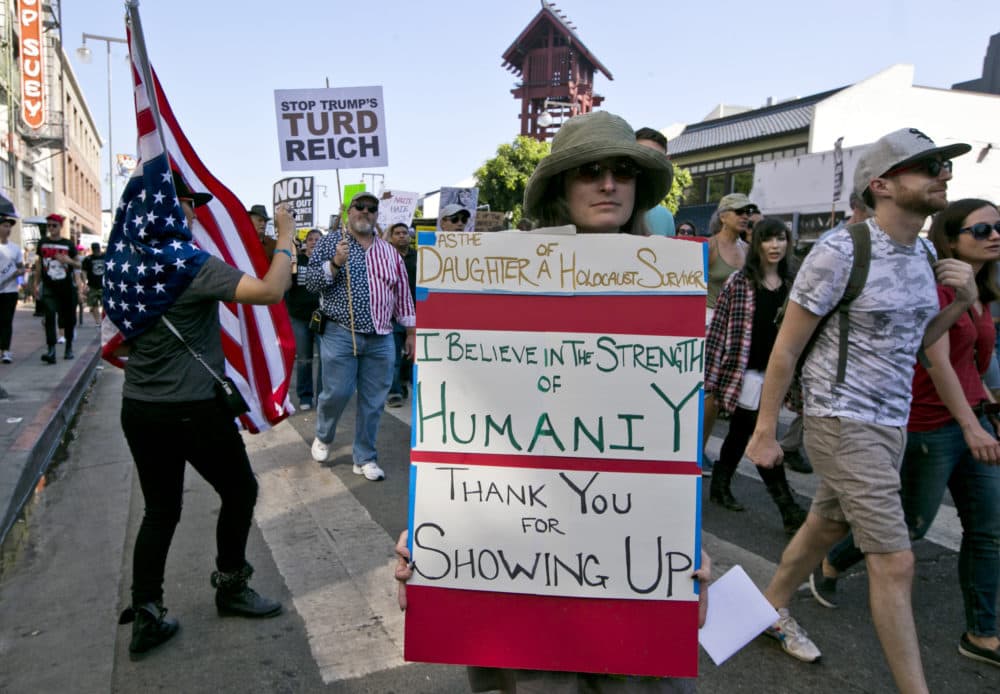
One dark fact remains unchanged. Before the public health crisis, the drum of aggression, conflict and war beat ever louder as the nations of the world marched angrily down the path of authoritarian nationalism.
A virulent truth-resistant, anti-intellectual brand of politics seized not only the more fragile, younger democracies, but also the most established ones. Britain chose to leave the EU largely based on the scapegoating of immigrants for problems that have little or nothing to do with them. The United States succumbed to the same type of scapegoating, encouraging racists and authoritarians all around the world, including those who were already destabilizing European democracies.
While the pandemic has in some cases forced populist politics into a certain degree of submission, the underbelly of our “fight” against the pandemic is a selfish and corrupt global game of the richest nations hoarding and attempting to buy exclusive rights for a vaccine which, for moral and practical reasons, should be a part of the global commons. In other cases, the pandemic has been used as a tool for continued scapegoating and authoritarianism, a trend which voters in all western democracies should bear in mind. In the haze of our exhaustion, we may normalize unacceptable incursions into our individual rights. Beating the pandemic means standing up for human rights.
Advertisement
Our best tribute to the dead and the survivors of the world war 75 years ago, is to do everything we can to protect the dignity of each individual. In our age, that also means standing for planetary rights.
This process will present many uncertainties and stir our worst fears, but we must take heart. Fear’s most worthy twin is courage.
